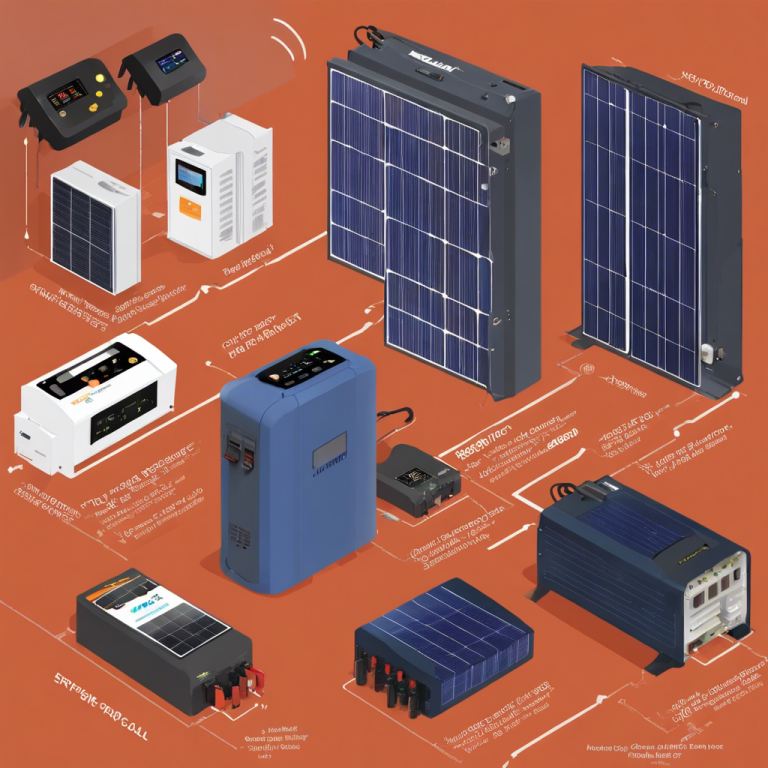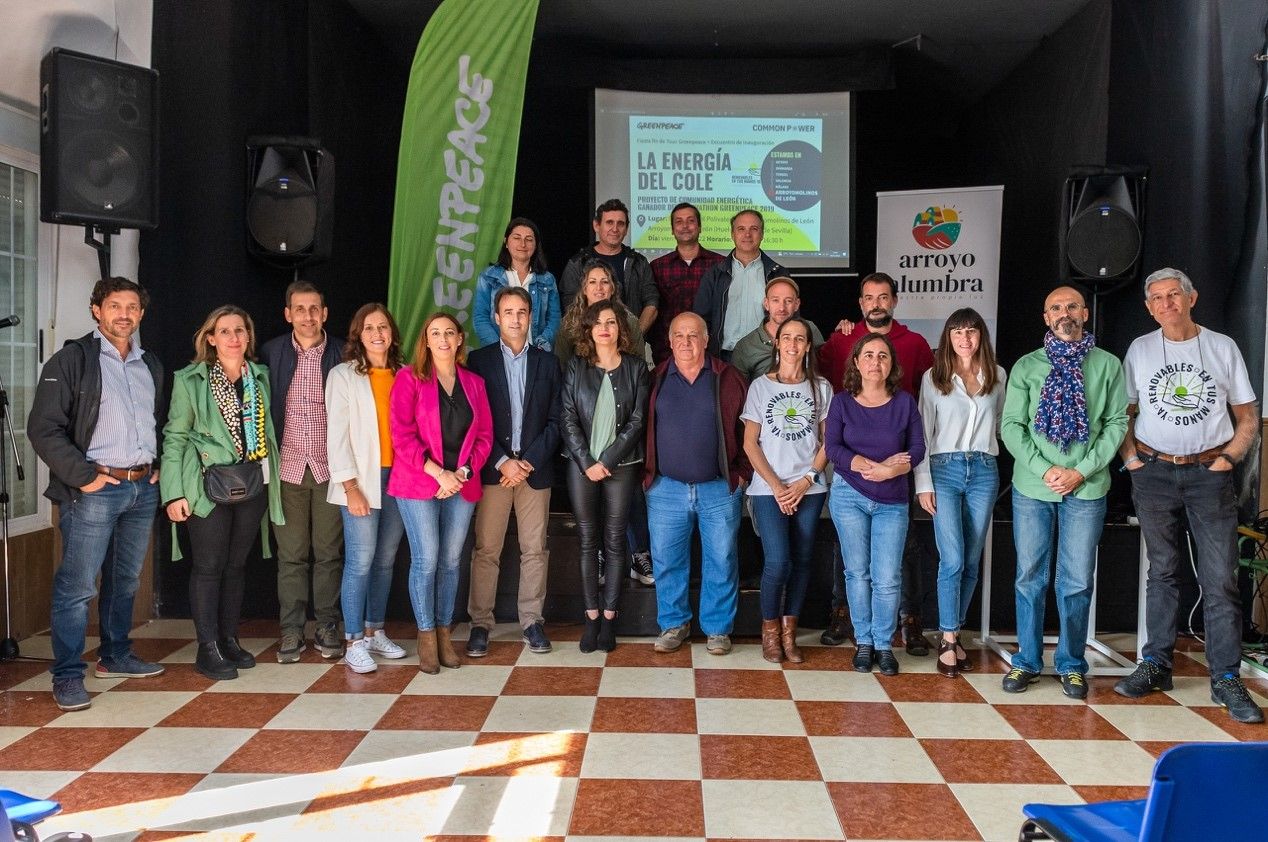The Best Solar Inverters for Home Use

Discover the top solar inverters for residential use that will maximize your solar energy production and savings.
Understanding Solar Inverters
Solar inverters are an essential component of a solar energy system. They convert the DC (direct current) electricity generated by solar panels into AC (alternating current) electricity that can be used to power household appliances and feed back into the grid.
In simple terms, solar inverters are responsible for the efficient and safe utilization of solar power. They ensure that the electricity produced by solar panels is compatible with the electrical system of your home.
Solar inverters also play a crucial role in maximizing the energy production of your solar panels. They track the maximum power point (MPP) of the solar panels, adjusting the voltage and current to optimize the energy output.
Additionally, solar inverters come with various built-in safety features such as anti-islanding protection, which prevents the flow of electricity from the solar panels during a power outage or maintenance.
Understanding the importance of solar inverters is essential for making informed decisions when installing a solar energy system for your home.
Types of Solar Inverters for Home Use
There are several types of solar inverters available for residential use. Each type has its own advantages and suitability based on the specific requirements of your solar energy system.
1. String Inverters: These are the most common type of solar inverters. They are installed at a central location and are connected to multiple solar panels in a series, forming a string. String inverters are cost-effective and easy to install, but their performance may be affected if one panel in the string is shaded or experiences a decrease in performance.
2. Microinverters: Unlike string inverters, microinverters are installed on each individual solar panel. This allows for independent power optimization of each panel, maximizing the energy production of the entire system. Microinverters are particularly beneficial in situations where there is shading or varying panel orientations.
3. Power Optimizers: Power optimizers are similar to microinverters in terms of individual panel optimization. However, instead of converting DC to AC at each panel, power optimizers optimize the DC power before it is sent to a central string inverter. This allows for greater flexibility and efficiency in system design.
4. Hybrid Inverters: Hybrid inverters are designed to work with both solar panels and batteries. They allow for the storage of excess solar energy in batteries for later use, increasing self-consumption and reducing reliance on the grid.
5. Off-Grid Inverters: Off-grid inverters are used in standalone solar energy systems that are not connected to the grid. They convert DC power from solar panels into AC power for immediate use or storage in batteries.
Choosing the right type of solar inverter depends on factors such as system size, shading, budget, and future expansion plans. Consulting with a solar energy professional can help you determine the most suitable option for your home.
Key Features to Consider When Choosing a Solar Inverter
When selecting a solar inverter for your home, it is important to consider the following key features:
1. Efficiency: Look for inverters with high conversion efficiency to ensure maximum energy production from your solar panels.
2. Power Rating: Determine the power rating required based on the size of your solar energy system and the electrical load of your home.
3. Monitoring and Data Logging: Opt for inverters that offer advanced monitoring and data logging capabilities. This allows you to track the performance of your solar energy system and identify any issues or inefficiencies.
4. Warranty and Support: Check the warranty period and the reputation of the manufacturer for reliability and customer support.
5. Compatibility: Ensure that the chosen inverter is compatible with the solar panels, batteries (if applicable), and other system components.
Considering these features will help you make an informed decision and select the best solar inverter for your home.
Top Brands in the Solar Inverter Market
There are several reputable brands in the solar inverter market that offer high-quality products for residential use. Some of the top brands include:
1. Solis (Ginlong) Inverters: Solis is a renowned Chinese company known for its reliable and efficient solar inverters. They offer a wide range of inverters suitable for various system sizes and applications.
2. Ningbo Deye Inverter Technology : Deye Inverters is global leader in Hybrid inverters and provider of smart energy solutions. Their inverters, combined with Deye Energy Storage Systems, provide superior performance and advanced monitoring capabilities.
3. Enphase Energy: Enphase Energy is a pioneer in microinverter technology. Their inverters are known for their reliability, efficiency, and compatibility with varying panel orientations.
4. Fronius International: Fronius is an Austrian company known for its high-quality inverters. They offer a range of inverters with advanced features such as integrated data communication and smart grid functionalities.
5. Huawei Technologies: Huawei, a well-known technology company, has also entered the solar inverter market. Their inverters are known for their high efficiency and advanced grid support features.
These brands have established themselves as industry leaders and are trusted by homeowners and solar professionals alike. When choosing a solar inverter, considering products from these top brands can ensure reliability and performance.
Installation and Maintenance Tips for Solar Inverters
Proper installation and maintenance of solar inverters are crucial for optimal performance and longevity. Here are some tips to keep in mind:
1. Professional Installation: It is recommended to hire a professional solar installer to ensure proper installation and compliance with safety regulations.
2. Location: Install the inverter in a well-ventilated area with sufficient clearance for airflow. Avoid direct exposure to sunlight or extreme temperatures.
3. Regular Cleaning: Keep the inverter and its surroundings clean from dust and debris. Regularly inspect and clean the air filters to prevent clogging and overheating.
4. Monitoring and Troubleshooting: Utilize the monitoring capabilities of the inverter to track its performance. If any issues arise, consult a professional for troubleshooting and repairs.
5. Maintenance Schedule: Follow the manufacturer's recommended maintenance schedule to ensure the longevity and efficiency of the inverter.
By following these installation and maintenance tips, you can optimize the performance and lifespan of your solar inverter, maximizing the benefits of your solar energy system.
.png?width=350&height=70&name=HOME%20OF%20CLEAN%20ENERGY%20trans%20(350%20%C3%97%2070%20px).png)

